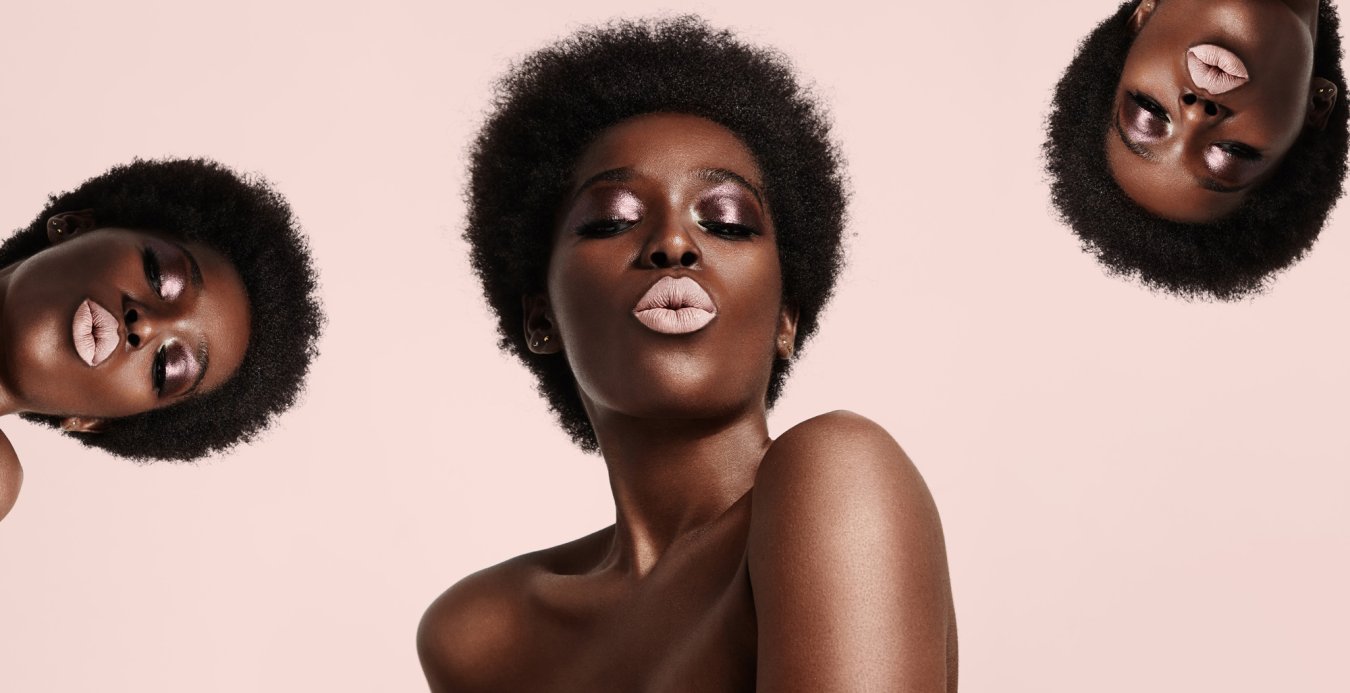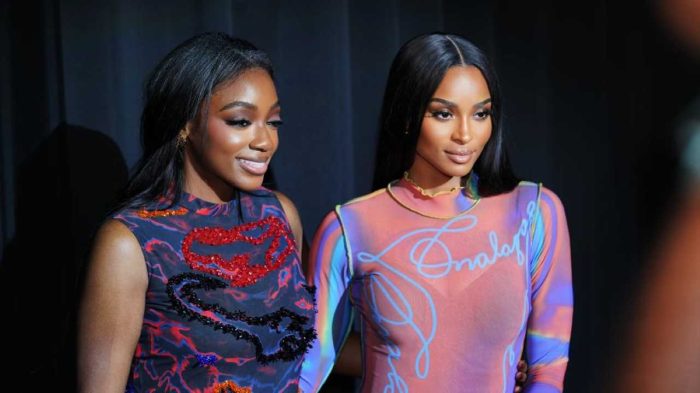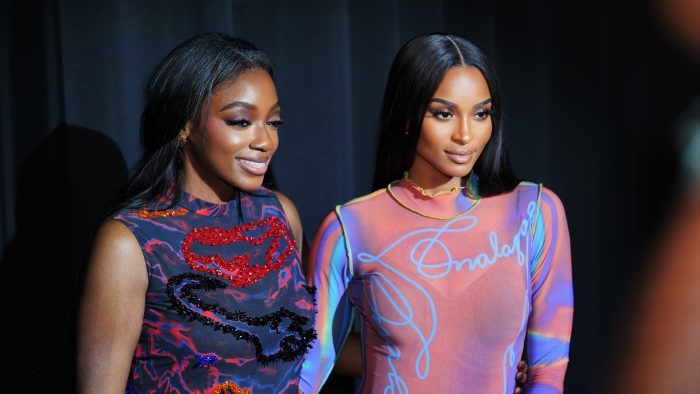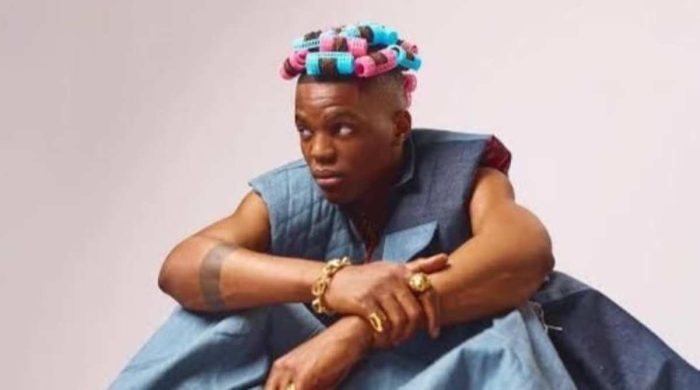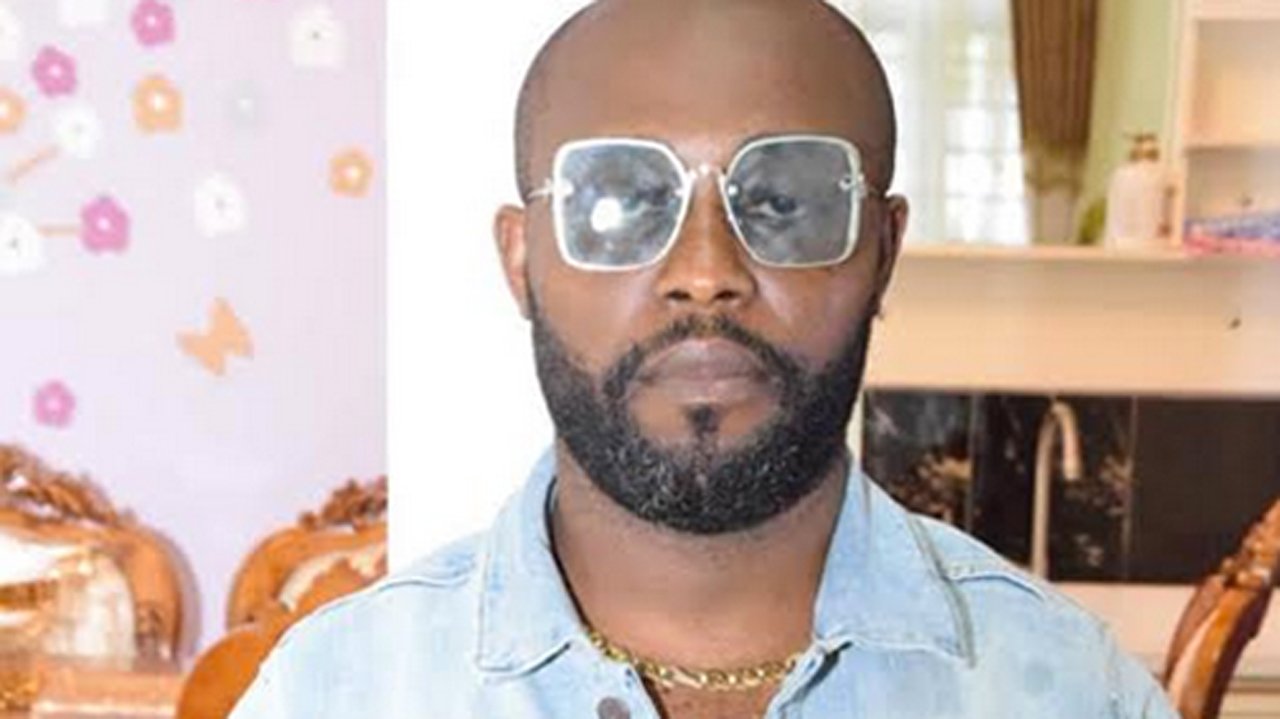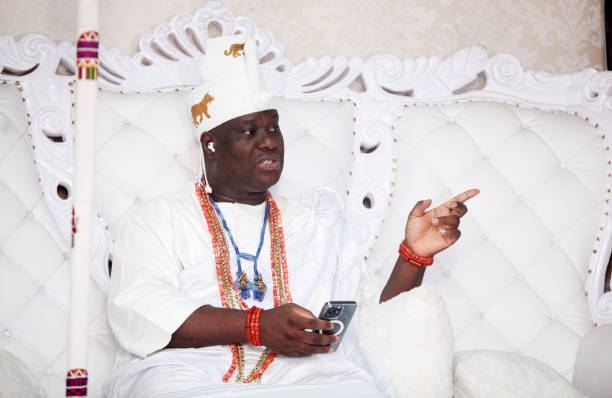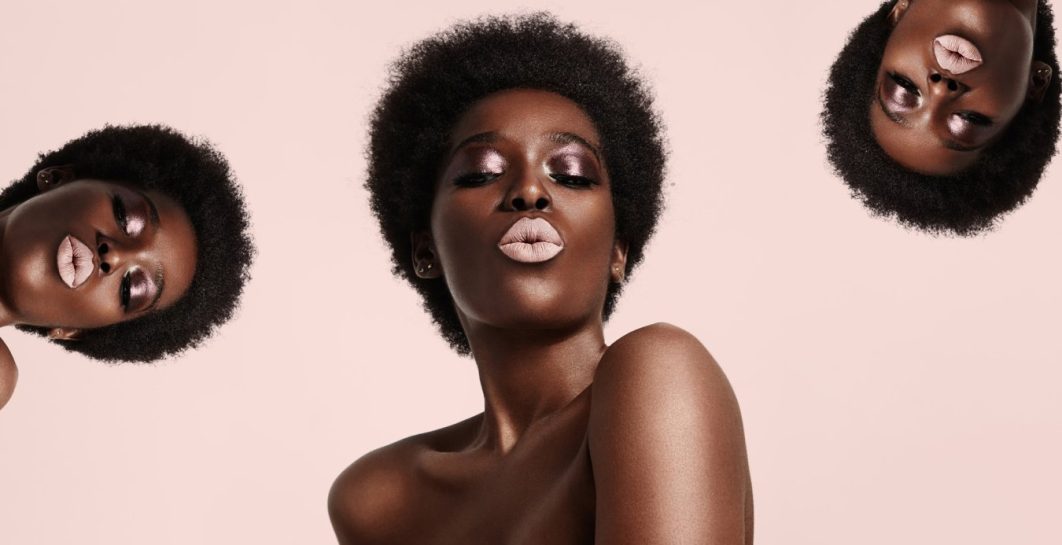
I stood in front of the mirror a short while ago and complained that my tummy was getting bigger. While saying that, I remembered that two strands from my set of waist beads also snapped off and I screamed that I was getting fat. In my head, I have a goal weight I intend to maintain and the slightest change to that means I am veering off from the beauty standard people have of me. I had to remind myself that between getting my period, ovulating, stress eating sometimes and alternately having some level of peace in my personal life, my body is bound to react.
[ad]
It can be a lot to take in especially as we are all on the journey of accepting realistic bodies. Bodies that come with the extra skin here and there, body fat in healthy places, stretch marks, hip dips etc.
Beauty standards are as different as they are similar in various societies all over the world. Society tends to redefine the meaning of beauty constantly, judging by what is trendy and what’s not. The world has gone from “tall & slim” to “small waist with perky boobs” then to “slim thick” and back to “perfect shape with some volume”. We also want toned legs, arms, glowing, soft, firm but not tight skin.
While maintaining a healthy lifestyle, many of us still find ourselves falling for the allure of body morphing products like waist trainers, push up bras, slimming teas etc. We forget that as women, we have so many hormones to battle internally and these affect our physical bodies as well. There are times you need to choose your battles wisely and tying your self worth to your body should not be one of them.
Again, your body will body. It will change with different seasons and times. It will change with whatever you are putting into it and it will change with genetics. For some people, if exercise and diet won’t give them the body they desire, going under the knife is an option. The question is, what are your genuine reasons for wanting this new body? With the ever evolving beauty standards, will the new ones affect you just like the old ones did?
“As a plus size person, it’s a struggle to find your bearing against the beauty standards in Nigeria. Family members will comment that you’re now “large”, bus conductors will loudly joke that you’ll pay for 2 seats because of your butt, people will be “concerned about your health”, and fashion brands do not carry clothes beyond size 14. If they do, it comes with extra charges for bigger sizes”, says an exasperated Jennifer.
As a content creator & a customer experience specialist, Jennifer is no stranger to facing an audience either on social media or physically. She speaks on the disparity in compliments when it comes to sizes. “Attempts you make to dress nicely are met with compliments like “I love your confidence”, and you’re wondering why the same compliment isn’t being dished to slimmer people for just simply dressing up. Why is not looking drab suddenly equated to confidence because you’re plus size? Are plus size people supposed to hide away and not be seen?”
What is the fixation with people’s bodies?
The society, made up of people like you & I, has simply placed too much importance on something that is hardly within anyone’s control. This, in turn, affects the lives of women especially. We are confined within spaces that hinder us from attaining certain goals in other aspects of our lives, just because we look a certain way and are expected to navigate life accordingly.
[ad]
In Nigeria, there are tribes that believe the slimmer you are, the less healthy you must be. In some cases, it is said that the more “flesh” you have reflects the type of affluence you live in.
Tosin, an influencer expert & consultant, reflects, “The beauty standard in Nigeria isn’t slim/skinny. It’s a thick, voluptuous figure. People called me “opelenge” or “lepa” growing up and some of them weren’t in a positive tone. Questions like “do you even eat” came up quite a lot and things like that could skew your view of beauty as you try to navigate your life as a woman.”
“opelenge” or “lepa” are Yoruba terms used on a skinny person.
Just like Jennifer complained about sizes, Tosin says, “It doesn’t help that there aren’t many sizes 0-2 dresses on the market, if we are keeping it a buck. I had to slim fit a lot of my clothes. I tried gaining weight but it just didn’t happen, so I think it’s my genes.”
She relocated to Canada and the culture shock has still not gotten her properly settled. “It became a bit weird when I moved abroad and the beauty standard was slim/skinny but I still can’t buy into it because that’s not what I grew up with.”
Over the years, Tosin has learnt to accept her body and focus on dressing in ways that make her feel comfortable and pretty. “I no longer buy big clothes to hide my skinny hands and neck. It also helps that I have a husband that treats me like the best thing after sliced bread so I’m not too obsessed about being the thick babe I saw as the beauty standard for a long time”
This article was culled from Marie Claire Nigeria. Read the full article here.
Marie Claire Nigeria is under the license of The Guardian Newspapers.
[ad unit=2]

